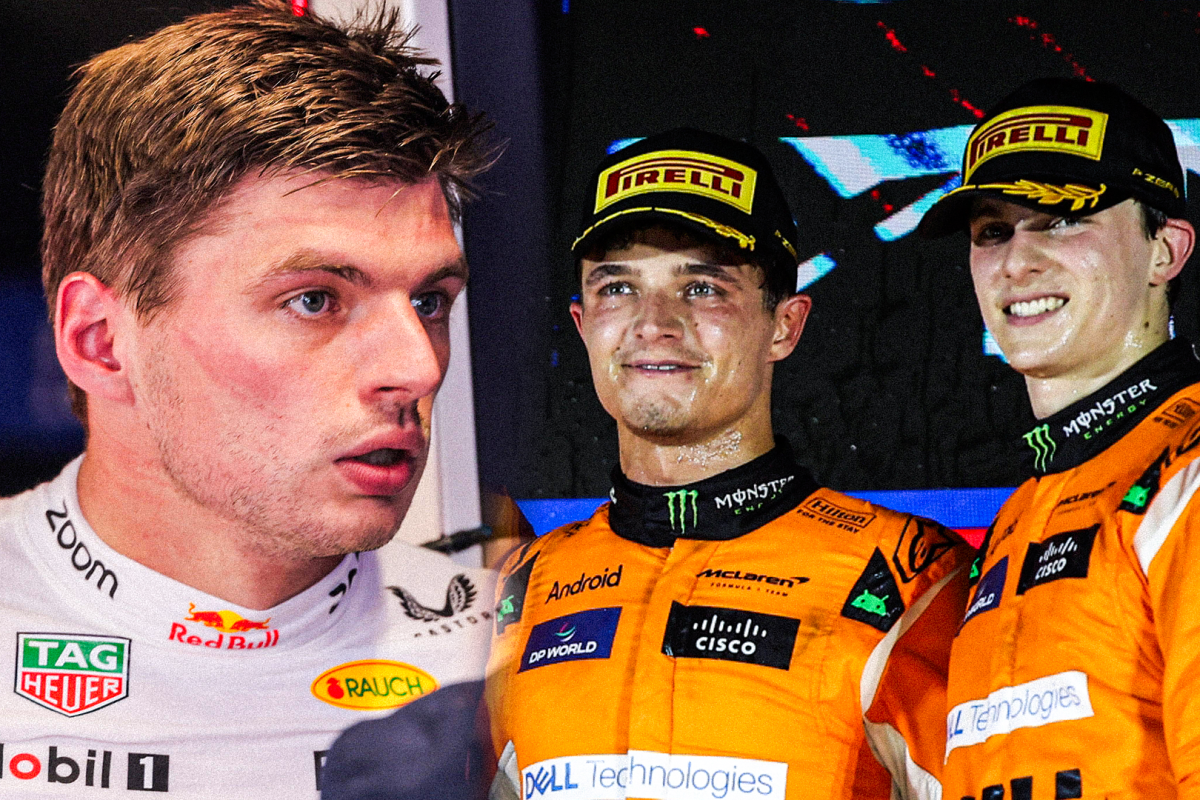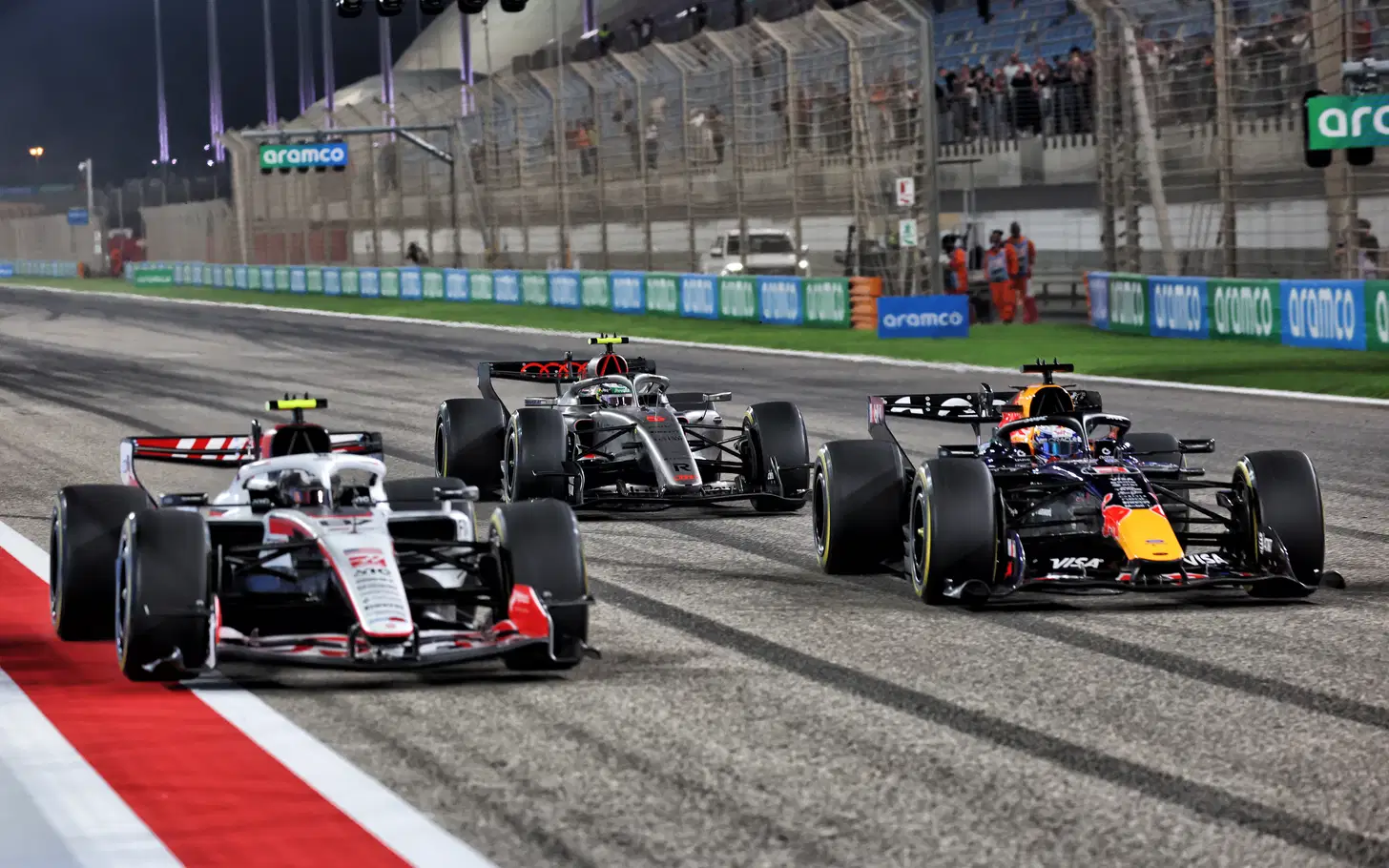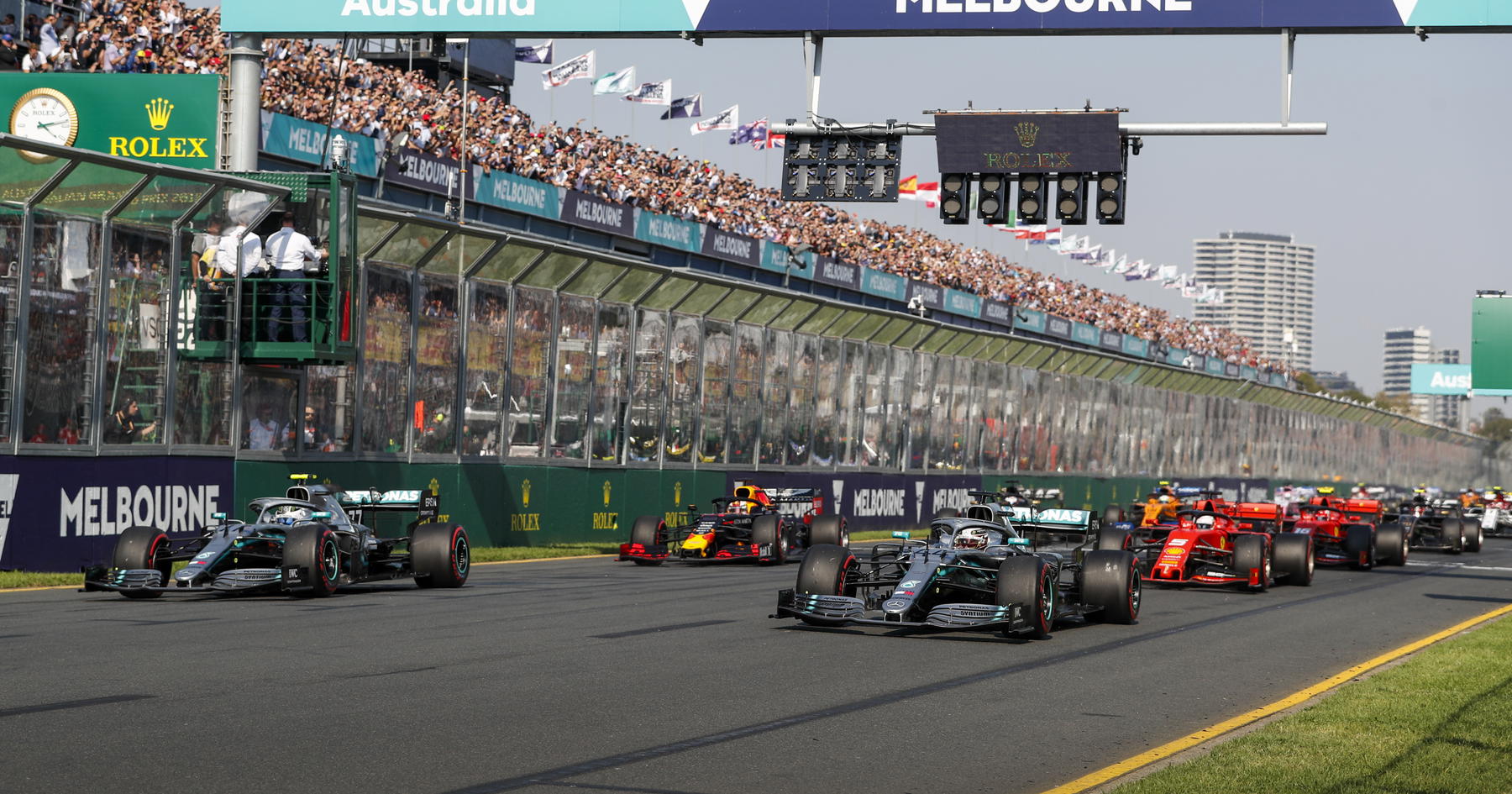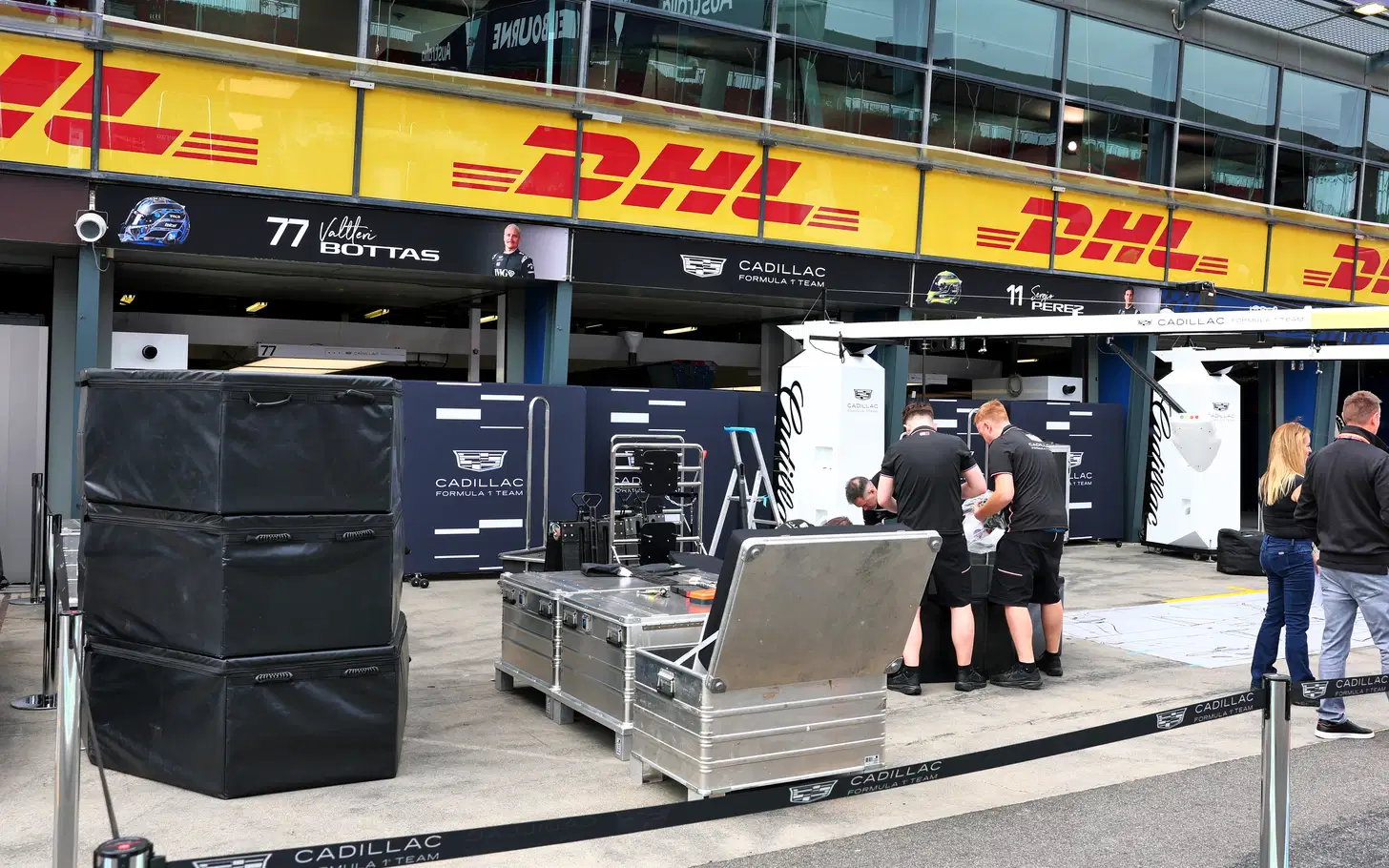Zak Brown Makes Bold Accusation: Claims Red Bull Is “Afraid” of Max Verstappen’s Influence
McLaren CEO Zak Brown has ignited a fresh wave of controversy in Formula 1 after making a striking claim about the inner workings of the Red Bull Racing team. In his new book Seven Tenths of a Second, Brown paints a picture of a team that he believes has become increasingly dependent on – and even intimidated by – its star driver, Max Verstappen.
Verstappen, who entered Formula 1 with Toro Rosso in 2015 before being swiftly promoted to Red Bull the next year, has grown into one of the sport’s most dominant forces. Since joining the Austrian outfit in 2016, the Dutchman has accumulated four world championships and nearly 70 Grand Prix victories, cementing his status as one of the greats of the modern era. But according to Brown, Verstappen’s rise has come with consequences for the team’s internal dynamic.
In the book, Brown stops short of accusing Verstappen of outright dictatorship, but he unmistakably implies that the reigning champion holds more sway than the team principal himself. “I use the word rule intentionally,” Brown writes. “There are times when, long before Christian Horner was dismissed in the middle of the 2025 season, it felt as though Max was the one steering the direction of the entire organisation.”
Brown claims that Verstappen commands a level of authority unmatched by any other driver on the grid, even compared to past legends like Michael Schumacher or Lewis Hamilton. He suggests that Red Bull’s leadership appears deferential to Verstappen, treating him with a level of caution that goes beyond simply respecting a top performer. “There’s this sense that everyone operates around him, not alongside him,” Brown remarks. “People within that team seem almost fearful of upsetting him.”
One of the core arguments Brown puts forward is that Red Bull has increasingly shaped its car development to align exclusively with Verstappen’s driving style. According to him, the team’s design philosophy is so tightly moulded around Max’s preferences that it becomes nearly impossible for a second driver to thrive in the same machinery. This, he argues, is partly why Red Bull has struggled to find a competitive partner alongside Verstappen since Daniel Ricciardo’s departure in 2018.
The McLaren boss goes even further, suggesting that Red Bull deliberately avoids signing competitive teammates who could challenge Verstappen’s supremacy within the team. He points specifically to Carlos Sainz, who became one of the top free agents on the market for the 2025 season after Ferrari opted for a strategic shake-up. Brown argues that Sainz, who previously partnered Verstappen at Toro Rosso in 2015, would have been an “obvious candidate” for Red Bull if the team truly valued competitive balance. Instead, he hints that Verstappen’s influence may have discouraged the team from considering a driver capable of pressuring the reigning champion.
Brown’s comments are likely to spark intense debate within the paddock, especially given the timing of his book release and the recent controversies surrounding Red Bull’s management. His assertion that the team’s culture has shifted to revolve around Verstappen adds fuel to the ongoing discussion about power dynamics, driver influence, and team hierarchy in Formula 1.
Whether Brown’s assessment is accurate or coloured by competitive rivalry remains to be seen, but one thing is certain: his statements have once again thrust Max Verstappen and Red Bull into the centre of F1’s political spotlight. As the sport hurtles toward another high-stakes season, Brown’s explosive claims will undoubtedly keep tensions simmering – both on the track and behind the scenes.




